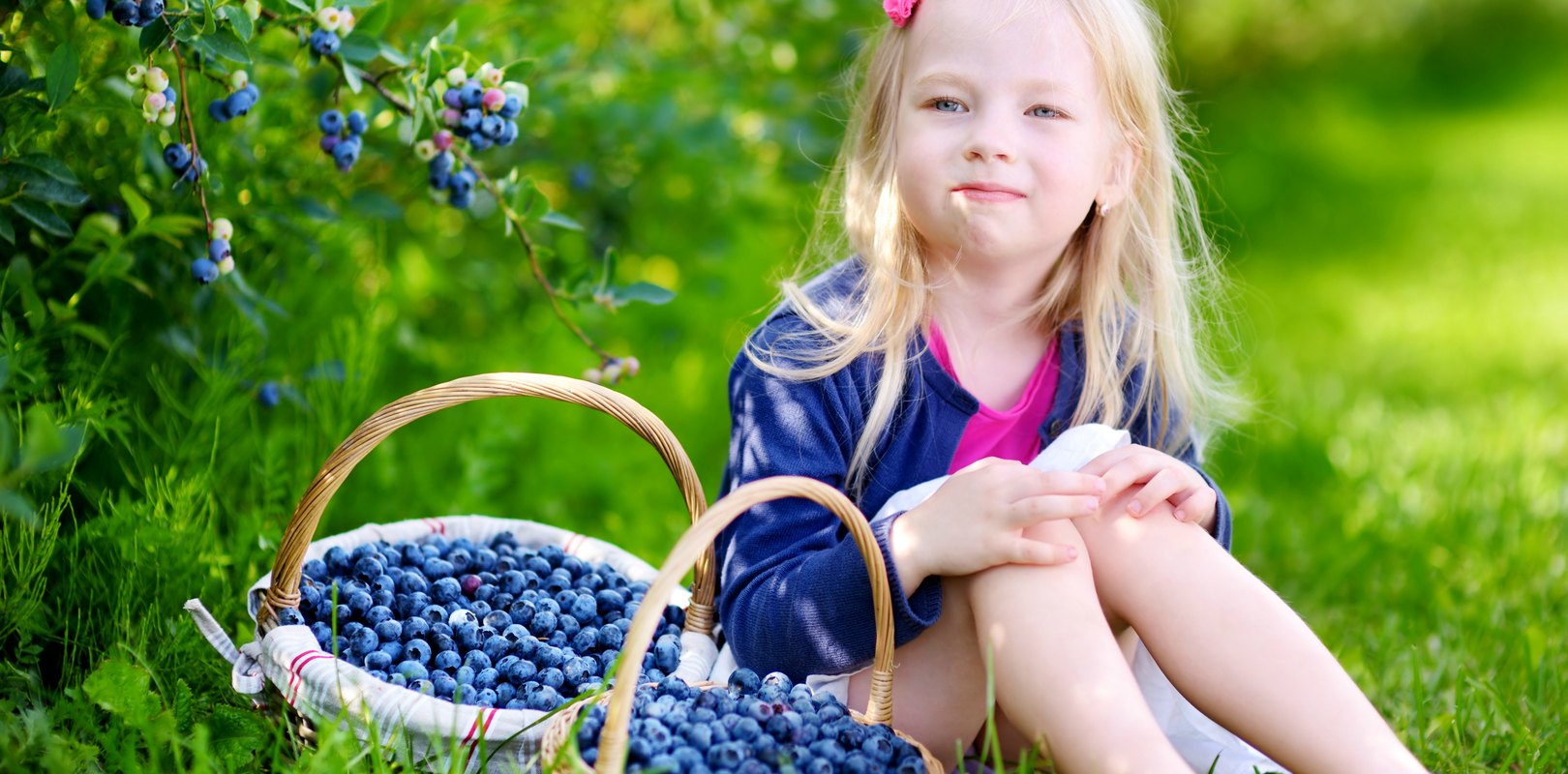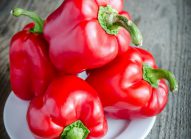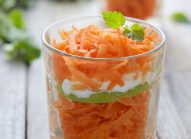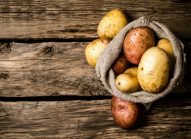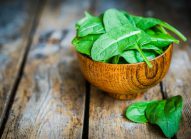- Antioxidants are abundant in fruits and vegetables.
- The majority of antioxidants in vegetables are carotenoids.
- They protect the body’s cells from free radicals.
- They help fight aging and numerous diseases.
- It is important to consume some every day.
- Antioxidant action of solid foods is more effective than that of beverages.
Why should we
eat some daily?
The main function of antioxidants is to help the body protect itself from aggressive free radicals. Cells naturally cause free radicals to form in our bodies. However, environmental factors (pollution, cigarette smoke, or the sun’s UV rays) can also increase their manufacture.
If they are produced in excess and in the wrong places, these molecules can damage cells. They also attack DNA and cell proteins. These attacks can lead to certain diseases and can accelerate aging, especially skin aging. That is why we should eat some daily to reinforce our natural defenses!
What is
their role?
They have roles as varied as their number. Each antioxidant fulfills its role as a “protective shield” at well-defined places within the body.
There are different kinds of antioxidants:
- Beta-carotene, lycopene, lutein, zeaxanthin, and beta-cryptoxanthin, all carotenoids. These compounds are the natural pigments that give color to fruits and vegetables.
- Polyphenols. They make up the largest antioxidant family by far! From flavonoids and coumarins to anthocyanins and lignans, the wide range of varieties is represented throughout the plant kingdom.
- Vitamins A, E, and C.
- Certain minerals and trace elements (selenium, copper, zinc, and manganese).
Eating vegetables every day is good for your health. You should vary the tastes and colors for more antioxiydants. Did you also know that giving plant-based food the main role in your diet is good for the planet ? Discover the role of the plant kingdom in dealing with the planet’s challenges du règne végétal dans les enjeux planétaireheres.
Numerous studies have shown that antioxidants help:
- Slow aging.
- Lower cholesterol and reduce the risk of cardiovascular diseases.
- Prevent certain forms of cancer.
- Protect the eyes.
- Fight against the effects of pollution on the skin, hair, lungs, etc.
What is the
recommended intake?
There are no official recommendations for antioxidants, except for beta-carotene (or provitamin A) and the vitamins and minerals that are also antioxidants. However, most health authorities recommend consuming antioxidants regularly through your diet.
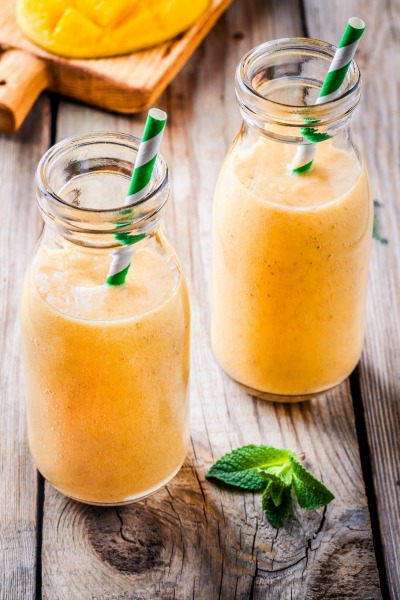
Where are
they found?
Antioxidants are mainly abundant in the plant kingdom (in vegetables, fruits, grains, and pulses). Animal products (meat, fish, dairy products, etc.) mainly contain low quantities of antioxidant minerals.
Small fruits, such as blueberries, blackberries, cranberries, raspberries, strawberries, and plums, are particularly rich in antioxidants. Vegetables rich in antioxidants include beets, artichokes, asparagus, broccoli, red cabbage, onions, and bell peppers. Tea, red wine, and dark chocolate are also excellent sources. And don’t forget pulses, especially lentils and soy, as well as potatoes (especially those with colorful flesh).
Antioxidants
in vegetables
| Foods richest in beta-carotene | µg/100g |
| Raw carrot | 10 000 |
| Dandelion greens, parsley | 7000-8000 |
| Dried apricots, cooked spinach, lamb’s lettuce, Swiss chard, sweet potatoes | 4000-5000 |
| Red bell peppers, mangoes, watercress, sorrel | 2000-4000 |
| Melons, apricots, liver | 1000-2000 |
| Purslane, tomatoes, butter, peaches, winter squash | 500-1000 |
| Source: Ciqual |
Vegetables richest in lycopene: canned tomato sauce (15,151 µg/100 g), raw tomatoes (2573 µg/100 g), raw red bell peppers (308 µg/100 g)
Vegetables riches in lutein and zeaxanthin: cooked spinach (11,308 µg/100 g), cooked turnip (8440 µg/100 g), canned peas (1350 µg/100 g), cooked Brussels sprouts (1290 µg/100 g), raw lettuce (1223 µg/100 g), cooked broccoli (1080 µg/100 g), canned winter squash (1014 µg/100 g)
Vegetables richest in beta-cryptoxanthin: Cooked red bell pepper (2071 µg/100 g), cooked winter squash (1450 µg/100 g), raw red bell pepper (490 µg/100 g), cooked carrots (202 µg/100 g)
What are
their particularities?
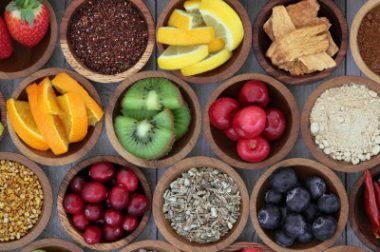
Antioxidants are molecules that are sometimes sensitive to oxidation and light, but fairly stable in the presence of heat. Vary the colors of the fruits and vegetables you eat to get all the antioxidants you need for your health…and to add color to your plate!
Also be aware that some antioxidants, such as lycopene in tomatoes and beta-carotene in carrots, are better absorbed if you eat them with a small amount of fat. That means that if you cook tomatoes (in a tomato sauce, for example) or carrots (braised) with a bit of fat, you absorb more antioxidants! Is that why Mediterranean cuisines are often rich in vegetables prepared with olive oil? It’s healthy that way, guaranteed!
What if I eat
too much or too little?
It is fairly difficult to evaluate the total nutritional intake of antioxidants in a population because of the diversity of the antioxidant family.
However, insufficient antioxidant intake is thought to accentuate damage caused by free radicals, accelerate aging, and increase the risk of disease. Intake of some antioxidants, such as vitamin A, should also sometimes be controlled because an excess is harmful to the body.
It is recommended to exercise caution with certain supplements containing high doses of vitamins. Certain studies have shown that they are a health risk.
Finally, certain at-risk populations, including menopausal women, the elderly, obese people, and smokers, have antioxidant deficiencies and/or face higher levels of oxidative stress.
